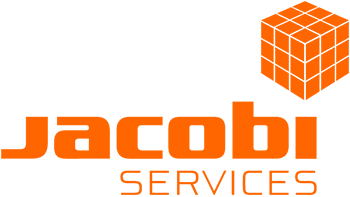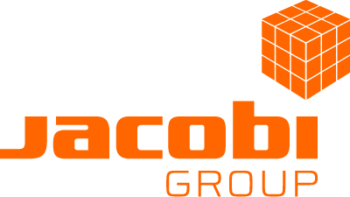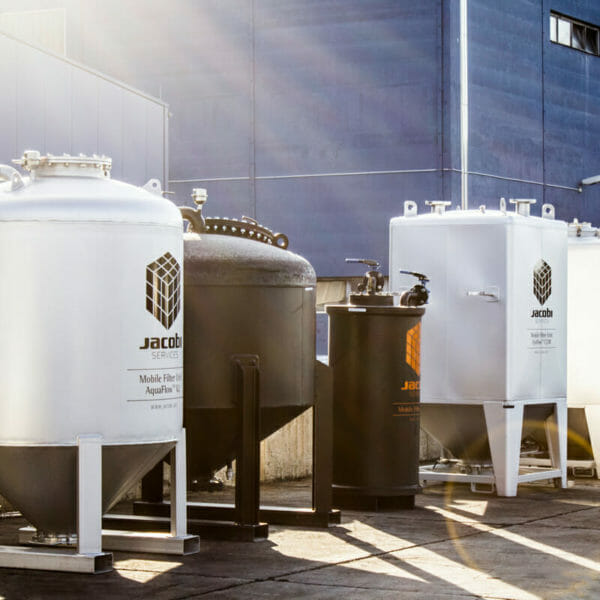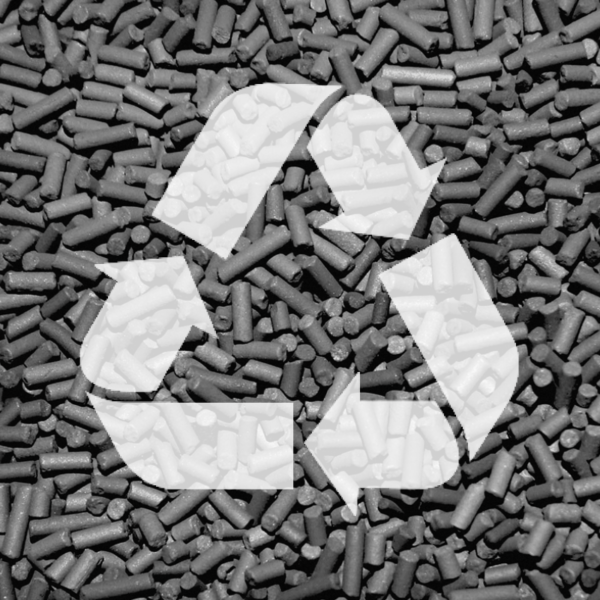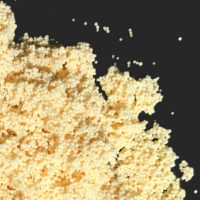Groundwater and soil contamination have become major environmental issues. Man-made pollution has led to the almost systemic presence of a cocktail of different types of pollutants, both organic and inorganic pollutants, in contaminated soils. For example, pesticides and chlorinated compounds, and inorganic contaminants, such as heavy metals and nitrates in groundwater. The increasing strength of legislation related to groundwater quality urges the implementation of new, efficient and cost-effective purification solutions.
There are different decontamination technologies in soil remediation projects that can result in contaminated water and/or air streams which need to be treated prior to discharge into the environment. There are several different technologies that can lead to contaminated water streams. They include:
- Water from a pump and treatment process can be contaminated with organics and heavy metals
- Treatment of condensed vapour coming from the air of the electrically heated soil
The Jacobi Services mobile filters from the AquaFlow™ range filled with different media are used to treat groundwater in soil remediation projects. Contaminants that can be found in ground sanitation projects are, for example:
- Organic contaminants, in most cases expressed as sum parameter such as
- AOX (Adsorbable organic halogenated compounds)
- TOC (Total organic carbon)
- Specific organic contaminants
- Aromatic hydrocarbons, including BTEX: benzene, ethylbenzene toluene, and xylene
- Halogenated hydrocarbons
- Mineral oils
- Pesticides and herbicides
Other organic contaminants often found are PFAS (per-and polyfluoroalkyl substances) such as PFOS (perfluoro-octane-sulphonate) and PFOA (perfluoro-octanoic acid). PFOS and PFOA are both now classified as Persistent Organic Pollutants (POP).
- Inorganic contaminants
- Heavy metals
- Perchlorate
The Jacobi Services mobile filters type AquaFlow™ and different media are also used for air treatment in soil remediation projects.
REMEDIATION: MOBILE FILTERS
REMEDIATION: SOLUTIONS
Auxiliary equipment and additional services
In addition to mobile filters and different media, Jacobi Services also offers auxiliary equipment and additional services, such as:
The selection of the type and number of AquaFlow™ filters. The selection depends on the flowrate and the estimated annual activated carbon consumption.
Media sample pots that are run in parallel with the AquaFlow™ mobile filter. These accelerate the availability of saturated media, such as activated carbon and ion exchange resins, to determine the suitability for reactivation or disposal route of the spent material.
Laboratory testing to determine what the optimum recycling or disposal route is for the used product.
Recycling, Energy Recovery or Disposal Services
The Jacobi adsorbents are used in a wide range of applications. Adsorbents generally have a limited lifetime and need to be replaced once they are saturated or the treatment objective is reached. Jacobi Services offers several recycling, energy recovery or disposal services in different facilities, depending on the properties of the spent material.
REMEDIATION: PRODUCTS
AquaSorb™ 100 series
The AquaSorb™ 100 series are designed for water treatment, for example, in soil remediation and wastewater projects. This range of products has been used to remove polyaromatic, chlorinated solvents and mineral oils from water in soil remediation projects.
AquaSorb™ ASR-1
AquaSorb™ ASR-1 is an efficient media to remove arsenic compounds from landfill leachate. The arsenic removal efficiency of AquaSorb™ ASR-1 mainly depends on the pH and redox potential of the water and competitive adsorption of other impurities.
ReSorb™
The ReSorb™ range of reactivated pool carbons are used to remove organics from landfill leachate.
REMEDIATION: ION EXCHANGE RESINS
Resinex™ Chelating Resins
The Resinex™ chelating resins can be used to remove heavy metals from water in soil remediation projects. These chelating resins work on the principle of complexation. The functional group of the resin is a ligand which forms complexes with the heavy metals cations to be removed from the solution (transition metals). Resinex™ chelating resins can remove heavy metals as cations in water down to ppt level. The choice of the chelating resins depends on the type of heavy metal, type of functional group of the resin, other heavy metals in the water matrix and operating parameters of the system.
Resinex™ AP
Resinex™ strong base anions as Resinex A-4 or Resinex AP can be efficiently used to remove chromates from water down to 10 ppb with 2 columns in serial, merry-go-round system. Due to their large loading capacity – up to 30 g Cr / L resin – resins are intended for one-way-use. Besides chromates, other toxic oxyanions such as molybdate and vanadate can be effectively removed by Resinex™ strong base anions.
Resinex™ TPS-2300 SO4
Resinex™ TPS-2300 SO4 is a macroporous strong base anion especially designed for uranyl complexes removal in water. The resin being loaded with sulfate, the most attracted anion, the treated water composition will not be changed except the removal of uranium and other oxyanions. Resinex™ TPS-2300 SO4 is dedicated for one-way-use.
Resinex™ A4
Cyanides in water can be found either as free cyanides (CN-/HCN) or as metal cyanides anionic complexes (eg. Zn(CN)42-, Fe(CN)64-). Resinex™ A-4 is a strong base anion which can adsorb metal cyanide complexes. Resinex™ A-4 exhibits a very high affinity for metal cyanide complexes. Therefore, complexes cannot be eluted, and the resin is intended for one-way-use.
Resinex™ PR1
Resinex™ PR-1 is a strongly basic macroporous-type anion exchange resin, specially developed for selective perchlorate removal from water in presence of high levels of sulphate. With an inlet concentration of 50 µg/L of perchlorate, the typical PR-1 loading capacity is ± 5 g ClO4- / L resin. With 2 columns in series, working as a lead-lag system, the outlet concentration is under the detection limit usually reported at 0.2 µg/L. Resinex™ PR-1 is also suitable for nitrate removal applications. This resin is suggested for one-way usage.
Resinex™ PFCR-2
Resinex™ PFCR-2 is a special gel type strong base anion resin dedicated to remove perfluoroalkyl substances even in presence of high levels of sulfate. Resinex™ PFCR-2 is especially efficient to eliminate Perfluorooctanoic Acid (PFOA) and Perfluorooctane sulfonate (PFOS). In combination with activated carbon, the resin acts as a polisher by primarily removing short chains perfluorinated compounds whereas activated carbon is more prone to fix longer chains compounds.
GET IN TOUCH
Fill out the short form below and or team will be in touch.
